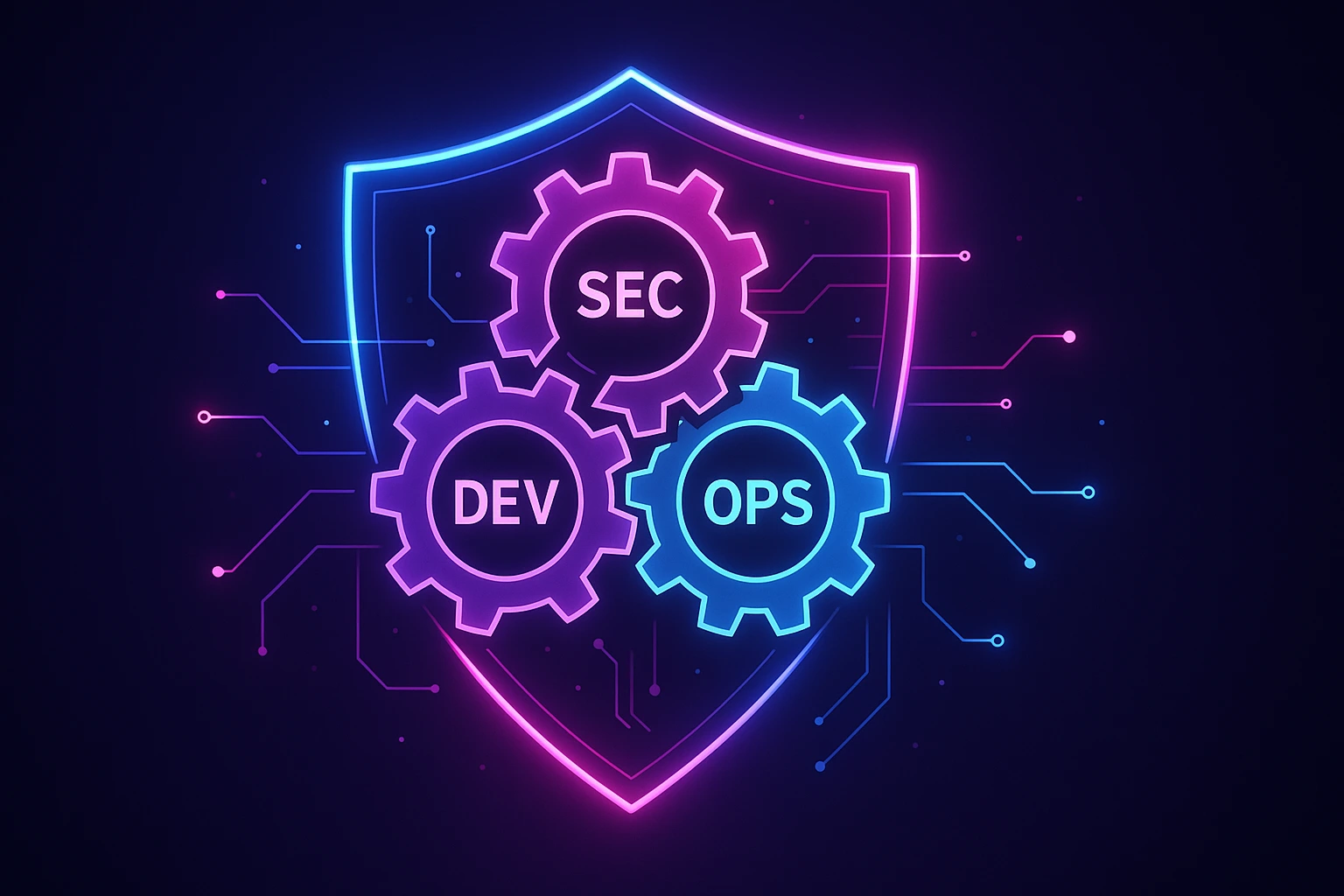SALESFORCE TRUST AND COMPLIANCE
As companies grow and technology changes, staying up-to-date on compliances for Salesforce can be a broken process. Salesforce features robustly trust and security features that have facilitated companies in staying compliant regardless of changing needs. Many businesses leverage Salesforce's trust and compliance features, however, due to the complexity of the architecture, a lot of companies struggle with it. For enterprise users who prioritize security, Salesforce's trust and compliance solutions offer excellent protection.
Salesforce trust and compliance speak to the platform's capacity to recognize the importance of the security of the data and applications running on its environment, in order to protect it from any malicious attack. The trust system also establishes that each third-party application is reliable before it is allowed to interact with Salesforce. This allows Salesforce users to easily integrate apps without worrying about insider threats or external attacks.
Salesforce's approach to trust and compliance enables enterprises to achieve compliance with industry-specific regulations like HIPAA or the Payment Card Industry Security Standard (PCI DSS). With Salesforce, administrators have control over the visibility of customer data and access permissions, while there is three tiered architecture design that ensures a secure way to separate sensitive data and applications from unauthorized access.
In addition to industry-specific compliances, Salesforce also offers organizations with a robust suite of platform security throughtheir security measures.The platform has a unique identity and authentication system which ensures that the user's identity is verified and user accounts are protected from malicious attacks. The built-in security system offers encryption of data in transit and encrypted data-at-rest, multi-factor authentication, and bug bounty programs that incentivize external security researchers to report on-platform vulnerabilities.
While Salesforce provides enterprises with much of the security assurance they need in order to stay compliant with regulations, they should still implement additional systems in order to reinforce their security posture. These additional systems can include 24/7 network monitoring to detect and identify any potential security issues, as well as automated Salesforce release management for updates and new features. Automated Salesforce release management allows businesses to quickly verify the effects of our changes and releases and remain compliantwhile ensuring timely delivery of new features or updates.
Furthermore, data backup and recovery should be heavily prioritize by organizations for their Salesforce environment as well. The importance of backup and recovery is too often taken for granted, and yet everyone agrees that any sort of system which does not have that kind of feature is not secure. The best practices for backup and recovery for Salesforce is to back up all data points, test the integrity of the backup data frequently, and create a restoration process which is simple and efficient. All these practices should be implemented proactively to prevent any data loss or corruption in the application.
In summary, Salesforce trusts and compliance are a pivotal part of any organizations' security strategy. It not only helps maintain their compliance with industry-specific regulations but also strengthens system architecture by configuring multi-tier security features. In order to unlock the full benefits of Salesforce trust and compliance, organizations need to implement additional systems such as 24/7 network monitoring, automated Salesforce release management, and robust data backup & recovery solutions. Doing so ensures enterprises are always at the cusp of security compliance with the latest developments in the industry.
Topics: Salesforce knowledgebase, Salesforce guides
Thank you for subscribing








